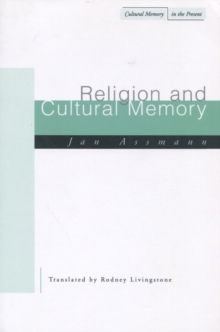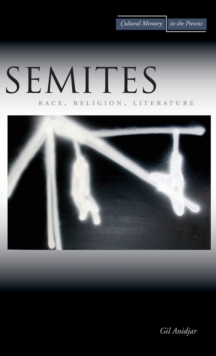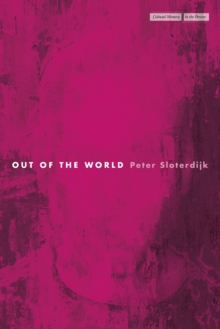
Love against Substitution : Seventeenth-Century English Literature and the Meaning of Marriage Hardback
by Eric B. Song
Part of the Cultural Memory in the Present series
Hardback
Description
Are we unique as individuals, or are we replaceable?
Seventeenth-century English literature pursues these questions through depictions of marriage.
The writings studied in this book elevate a love between two individuals who deem each other to be unique to the point of being irreplaceable, and this vocabulary allows writers to put affective pressure on the meaning of marriage as Pauline theology defines it.
Stubbornly individual, love threatens to short-circuit marriage's function in directing intimate feelings toward a communal experience of Christ's love.
The literary project of testing the meaning of marriage proved to be urgent work throughout the seventeenth century.
Monarchy itself was put on trial in this century, and so was the usefulness of marriage in linking Christian belief with the legitimacy of hereditary succession.
Starting at the end of the sixteenth century with Edmund Spenser, and then exploring works by William Shakespeare, William Davenant, John Milton, Lucy Hutchinson, and Aphra Behn, Eric Song offers a new account of how notions of unique personhood became embedded in a literary way of thinking and feeling about marriage.
Information
-
Available to Order - This title is available to order, with delivery expected within 2 weeks
- Format:Hardback
- Pages:336 pages
- Publisher:Stanford University Press
- Publication Date:26/04/2022
- Category:
- ISBN:9781503630444
Other Formats
- Paperback / softback from £23.95
Information
-
Available to Order - This title is available to order, with delivery expected within 2 weeks
- Format:Hardback
- Pages:336 pages
- Publisher:Stanford University Press
- Publication Date:26/04/2022
- Category:
- ISBN:9781503630444










